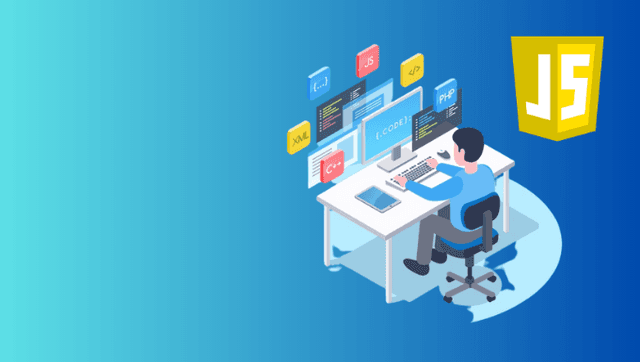OpenCL Programming
Beginner’s Guide to OpenCL Programming teaches parallel computing, kernel development, and optimization for high-performance applications.
.png%3Fsv%3D2022-11-02%26ss%3Dbfqt%26srt%3Dsco%26sp%3Drwdlacupiytfx%26se%3D2026-06-15T22%3A19%3A07Z%26st%3D2023-06-15T14%3A19%3A07Z%26spr%3Dhttps%26sig%3DfEha%252B9rytutrdOPcXP89Mqj0f%252B%252FdqFGHyGEelLbjS2k%253D&w=3840&q=75)
Course Overview
Imagine harnessing the power of CPUs, GPUs, and FPGAs to train advanced AI models, render lifelike 3D graphics, or simulate climate change models. OpenCL makes it possible. Modern computing is defined by massive parallelism, where thousands of operations run simultaneously across diverse hardware platforms. OpenCL (Open Computing Language) serves as the industry-standard framework, bridging the gap to enable scalable and portable programming across heterogeneous systems.
This course is designed to help you navigate the complexities of OpenCL, turning intimidating concepts like kernels, workgroups, and memory hierarchies into tools for extraordinary computational performance.
Skills You Will Gain
Course Includes
- 1 hour 25 minutes of on-demand video
- Certificate of completion
- Direct access/chat with the instructor
- 100% self-paced online
Learning Outcomes (At the end of this program, you will be able to...)
- Analyse the structure and functionality of OpenCL programs to design effective solutions for parallel computing tasks.
- Create optimized kernels using advanced OpenCL techniques for efficient execution across various GPU architectures.
- Apply memory management strategies in OpenCL to enhance data throughput and reduce latency in high-performance computing.
- Optimize OpenCL performance using profiling tools and parallel computing principles to develop scalable multi-GPU applications.
Prerequisites
To get started with this course, you should have a solid understanding of C or C++, parallel programming concepts, and basic CPU/GPU architecture. Experience with command-line tools and a strong problem-solving mindset are also important. A system with a 10th Gen Intel processor or higher, 16 GB RAM, SSD storage, and preferably an NVIDIA GPU is recommended. Ubuntu is the preferred OS, along with tools like Visual Studio Code, CMake, Git, and appropriate C/C++ compilers.
Who Should Attend
This course is designed for programmers and software developers working on performance-critical applications such as scientific computing, graphics, multimedia, high-performance computing, and gaming. It is also ideal for GPU programmers aiming to build portable, vendor-agnostic accelerated code, and embedded systems engineers seeking hardware acceleration for resource-limited devices. Additionally, data scientists and researchers tackling compute-intensive tasks like simulations, deep learning, or modeling will benefit from learning how to design and optimize algorithms using OpenCL.
Curriculum
Explore the comprehensive, hands-on curriculum designed to build your expertise step by step.
Meet Your Expert Instructors
Frequently Asked Questions
How much do the courses at Starweaver cost?
We offer flexible payment options to make learning accessible for everyone. With our Pay-As-You-Go plan, you can pay for each course individually. Alternatively, our Subscription-Based plan provides you with unlimited access to all courses for a monthly or yearly fee.
Do you offer any certifications upon completion of a course at Starweaver?
Yes, we do offer a certification upon completion of our course to showcase your newly acquired skills and expertise.
Does Starweaver offer any free courses or trials?
No, we don't offer any free courses, but we do offer 5-day trial only on our subscriptions-based plans.
Are Starweaver's courses designed for beginners or advanced students?
Our course is designed with three levels to cater to your learning needs - Core, Intermediate, and Advanced. You can choose the level that best suits your knowledge and skillset to enhance your learning experience.
What payment options are available for Starweaver courses?
We accept various payment methods such as major credit cards, PayPal, wire transfer, and company purchase orders. For more information related to payments contact customer support.
Do you offer refunds?
Yes, we do offer a 100% refund guarantee for our courses within a specified time frame. If you are not satisfied with the course, contact our customer support team to request a refund with your order details. Some restrictions may apply.





